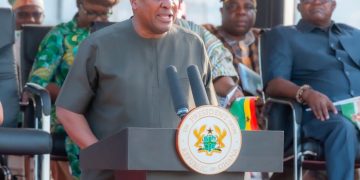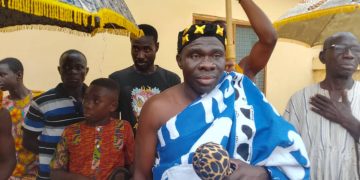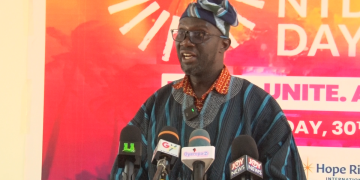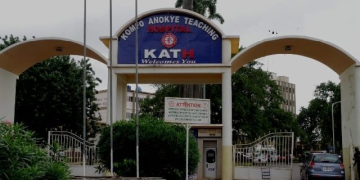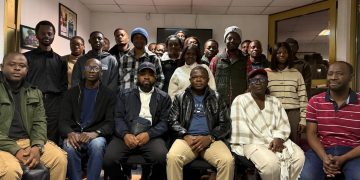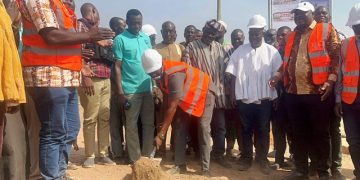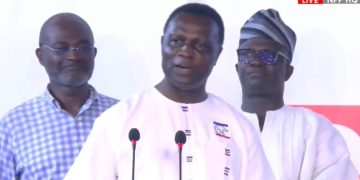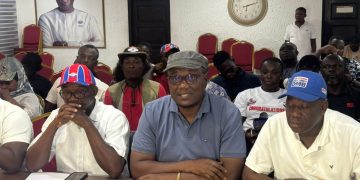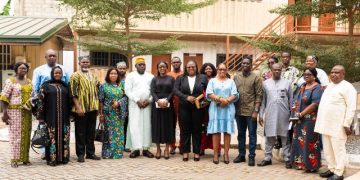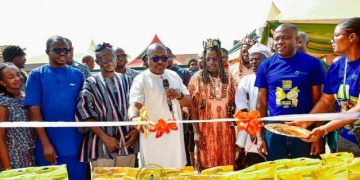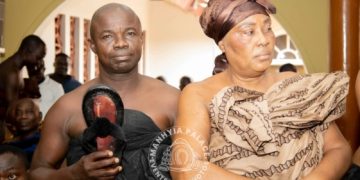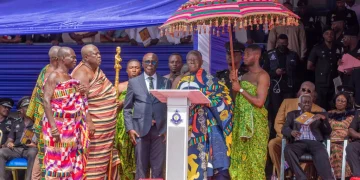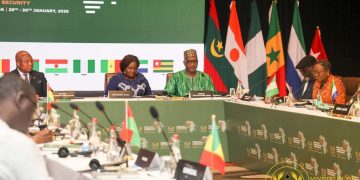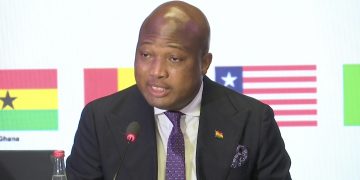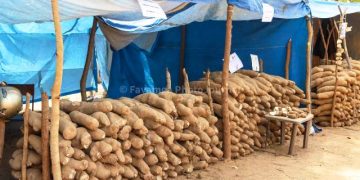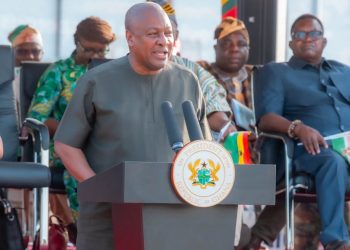A recent regional tracking poll conducted in the Ashanti Region indicates significant gains for both former President John Dramani Mahama (JDM) and Vice President Dr. Mahamudu Bawumia (DMB), while support for former Trade Minister Alan Kwadwo Kyerematen (AKK) continues to wane. The poll, conducted between August 28 and August 30, 2024, shows a notable shift in voter preferences compared to previous surveys.
Using the “All Voters” model, Dr. Bawumia leads with 64% of the vote, followed by Mahama with 26%. Kyerematen trails with just 3%, while National Democratic Party (NDP) candidate Nana Konadu Agyeman-Rawlings (NKB) garners 1%. Additionally, 5% of respondents indicated they would not vote, with 1% supporting other candidates.
When the data is filtered using the “Committed Likely Voters” model, which reflects those most likely to participate in the election, Bawumia’s lead expands slightly to 67%, while Mahama’s support rises to 28%. Kyerematen’s backing remains unchanged at 3%, with similar figures for the other candidates.
Decline in Kyerematen’s Support
The poll reveals a sharp decline in support for Kyerematen, particularly among floating voters. His share of the vote dropped by 5.7% compared to the previous poll, with 71% of those lost voters shifting their support to Mahama and the remaining 29% moving towards Bawumia. This shift underscores the challenges Kyerematen faces in maintaining a competitive position in the region, a key battleground in Ghanaian elections.
In a potential runoff scenario, the poll indicates that 42% of voters who initially supported Kyerematen would back Bawumia, while 31% would abstain from voting. A significant 27% of these voters remain undecided, highlighting the uncertainty and fluidity in voter sentiment as the election approaches.
Economic Concerns Drive Voter Decisions
The economic situation in Ghana is the most critical factor influencing voters’ decisions in the Ashanti Region, with 63% of respondents citing it as their primary concern. This is followed by the past performance of political parties (50%), election manifestos (39%), and the credibility of the candidates (36%). Only 7% of voters cited other reasons for their preferences.
Voters also expressed widespread dissatisfaction with the direction of the country, with 50% believing that Ghana is headed in the wrong direction. In contrast, 47% felt the country is on the right track, while 3% had no opinion.
Key Issues for Voters
The poll highlights the top three issues for voters in the Ashanti Region: the economy, jobs, and education, with 71% of respondents identifying both the economy and jobs as their primary concerns, followed closely by education at 50%.
Poll Methodology
The poll, which sampled 1,348 respondents, was conducted using Computer-Assisted Personal Interviews (CAPI) in 14 constituencies across the Ashanti Region. The survey used the Electoral Commission’s 2024 voters register as the sampling frame, ensuring a representative cross-section of the electorate. With a confidence level of 95% and a margin of error of 2.54%, the poll provides a reliable snapshot of voter sentiment in one of Ghana’s most politically significant regions.
The results reflect the views of respondents from the same constituencies and electoral areas surveyed in July 2024, offering insights into evolving political dynamics as the December 2024 elections approach. However, the demographic analysis of the results carries a higher margin of error than the poll’s overall average.
Conclusion
The latest poll results suggest a tightening race in the Ashanti Region, with Bawumia maintaining a strong lead but Mahama making significant inroads, particularly among voters previously aligned with Kyerematen. As the economic situation continues to dominate voter concerns, both leading candidates will need to focus their campaigns on addressing these issues to secure victory in this critical region.
Below is the latex poll:
Source: www.kumasimail.com


